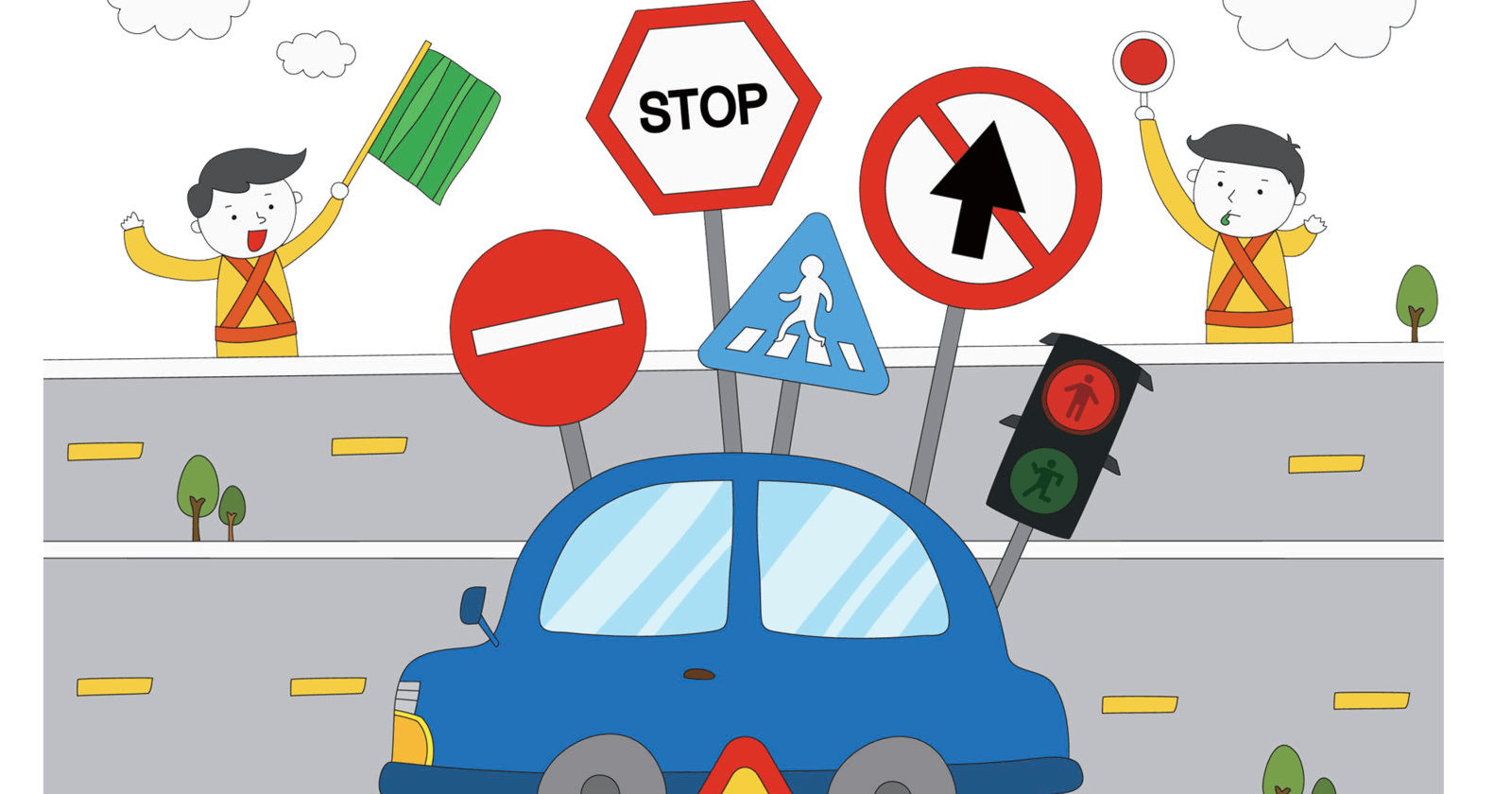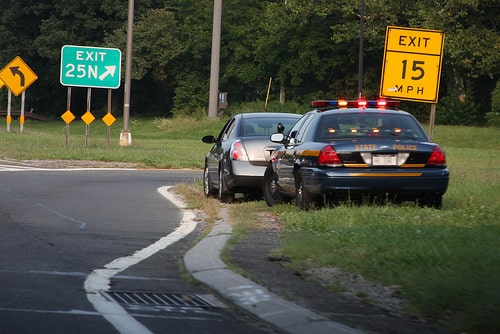Know Your Rights: Dealing with Traffic Violations
Whether you've been injured in an accident, are dealing with a personal injury claim, or facing another legal issue, Mendez & Sanchez APC is here to fight for you. Contact us today for a free, no-obligation consultation.
Call Us Now
When it comes to dealing with traffic violations, knowledge is power. Whether it's a speeding ticket, a red light violation, or a parking offense, understanding your rights and knowing how to handle these situations can make a significant difference. This guide aims to equip you with essential information and practical tips to navigate traffic violations effectively, ensuring your rights are protected every step of the way.
Know Your Rights: Dealing with Traffic Violations
Dealing with traffic violations can be a daunting experience, but being aware of your rights is crucial to protect yourself. Let's delve into the essential aspects of handling traffic violations effectively.
1. Understanding Traffic Violations
Traffic violations encompass a wide range of infractions, including speeding, reckless driving, running red lights, failure to yield, and more. Familiarize yourself with the types of offenses and their potential consequences to better navigate the situation.
Different Types of Traffic Violations
Traffic violations can be categorized into various types, such as:
- Speeding violations
- Red light and stop sign violations
- Reckless driving
- Driving under the influence (DUI)
- Improper lane usage
- Failure to yield
- Parking violations
- And more

Consequences of Traffic Violations
Traffic violations can result in various consequences, including:
- Fines
- License points
- Increased insurance rates
- License suspension
- Mandatory traffic school
- Legal penalties (such as community service or probation)
- Vehicle impoundment
- And more
2. Your Rights When Pulled Over
Being pulled over by law enforcement can be a nerve-wracking experience. However, it's important to remember your rights during a traffic stop.
Exercise Your Right to Remain Silent
While it's essential to be respectful, you have the right to remain silent. Avoid self-incrimination and provide only necessary information when asked.
Request an Explanation for the Stop
If you're unsure why you were pulled over, politely ask the officer for the reason behind the stop. Understanding the violation can help you better address the situation later.
Present Required Documents
When requested, present your driver's license, vehicle registration, and proof of insurance. Keep these documents readily accessible to avoid fumbling or unnecessary delays.

3. Responding to Traffic Violation Citations
Once you receive a traffic violation citation, it's crucial to handle it promptly and appropriately. Here are some steps to follow:
Read the Citation Thoroughly
Carefully read the citation to understand the violation and the instructions provided. It will outline the fine amount, due date, and potential consequences if left unresolved.
Consider Your Options
After receiving a citation, you typically have several options, such as:
- Paying the fine
- Contesting the citation in court
- Attending traffic school (if eligible)
- Consulting with an attorney
Paying the Fine
If you choose to pay the fine, ensure you do so before the due date specified on the citation. Failure to pay on time can result in additional penalties.
Contesting the Citation
If you believe you've been wrongly cited or wish to present your case, you can contest the citation in court. Prepare any evidence or witnesses that support your argument and consult with an attorney, if necessary.
Conclusion
Understanding your rights and knowing how to navigate traffic violations is crucial for protecting yourself and minimizing the consequences. By familiarizing yourself with the types of violations, your rights during a traffic stop, and the options available after receiving a citation, you can make informed decisions and take appropriate action. Remember, seeking professional legal advice is always beneficial, especially when dealing with complex situations.


